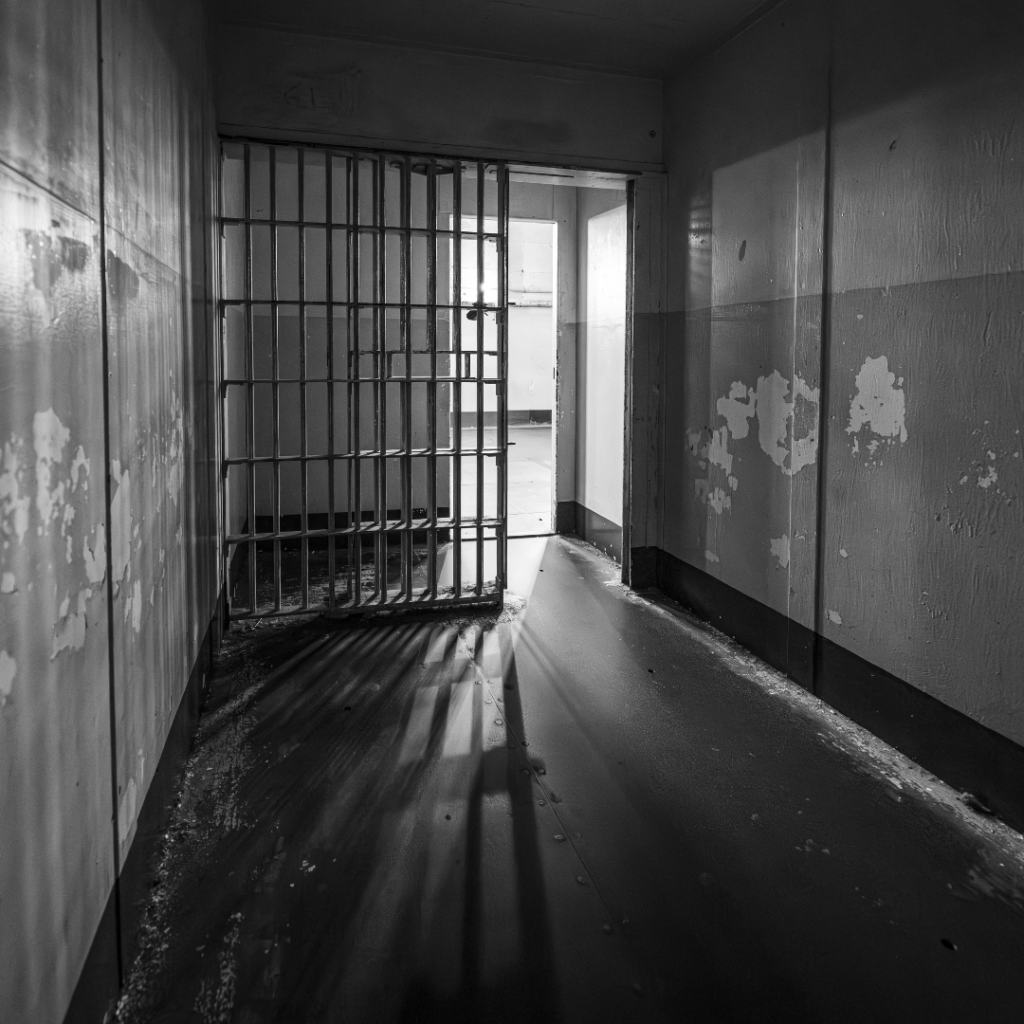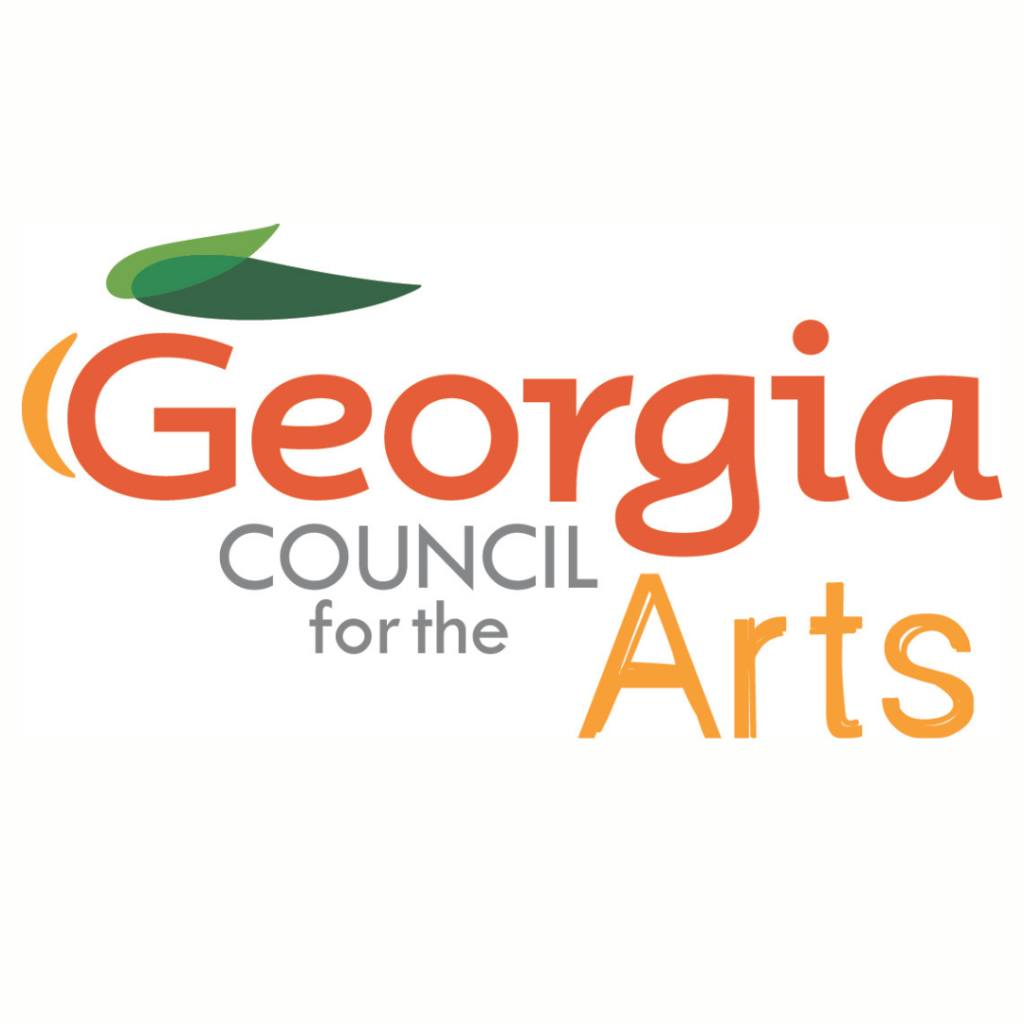Improving Georgia’s Schools
This fall, consider helping the organizations that help Georgia teachers and students fighting against the odds. We can’t lose hope in the power of education.
 It’s a tough time for the education world. While Georgia made strides in making up for pandemic loss in math and reading from 2022 to 2023, full recovery will likely take another year or two. That’s according to the Education Recovery Scorecard, a measure of pandemic-related learning loss and recovery. Yet substantial pandemic-related federal funding expires this year as systems face additional pressures from rising transportation and employment benefits costs.
It’s a tough time for the education world. While Georgia made strides in making up for pandemic loss in math and reading from 2022 to 2023, full recovery will likely take another year or two. That’s according to the Education Recovery Scorecard, a measure of pandemic-related learning loss and recovery. Yet substantial pandemic-related federal funding expires this year as systems face additional pressures from rising transportation and employment benefits costs.
Nevertheless, the joy of teaching is powerful and will always be a calling to many professionals. Fortunately, there are many resources at play in helping Georgia students and teachers.
Georgia Leadership for School Improvement Inc. (GLISI), created in 2001 by then-Gov. Roy Barnes from a coalition of K-12, business and higher education leaders around the state, became an independent nonprofit in 2012 and has served more than 16,000 teachers and nearly 1.5 million students in Georgia.
Best known for its Base Camp and Leadership Summit, the weeklong conference in June focused on how to grow teachers’ leadership pipelines and improve the school experience – something desperately needed, according to the latest statistics.
For example, a RAND Corporation survey found that teachers are twice as likely to be stressed relative to American workers in other fields. The Georgia Department of Education reports that 30% of teachers say they are unlikely to remain in education for another five years.
Meanwhile, a survey by the Professional Association of Georgia Educators says that half of Georgia teachers wouldn’t recommend teaching as a profession.
By contrast, in GLISI districts, 40% more teachers than the national norm report they have decision-making authority, and 93% say they plan to remain in the profession.
 Another group helping education is Communities In Schools (CIS), an independent nonprofit that started in Georgia 30 years ago with the primary goal of keeping kids in school and increasing graduation rates.
Another group helping education is Communities In Schools (CIS), an independent nonprofit that started in Georgia 30 years ago with the primary goal of keeping kids in school and increasing graduation rates.
Ingrained in its practices are tenets of DEI (diversity, equity and inclusion). The five guiding principles of CIS have become a national model: a one-on-one relationship with a caring adult, a safe place to learn and grow, a healthy start and a healthy future, a marketable skill to use upon graduation and a chance to give back to peers and community.
Of the 100,032 students served at 180 sites, 97% were promoted to the next grade level, 97% graduated, 73% improved academics and 69% improved attendance, according to CIS.
After working primarily in Metro Atlanta, CIS recently expanded into six new school districts in rural Georgia in partnership with Georgia Department of Education’s Rural Education and Innovation effort.
The Georgia DOE also recently approved $3.4 million for the expansion of the Leader In Me program to 120 schools around the state. Through the program, students are empowered to achieve leadership skills and growth both in school and in their personal lives.
Another leadership program – known as FLEX – combines entrepreneurship with community involvement. Ten Georgia school districts participate in the FLEX (Foundational Leadership and Entrepreneurship Experience) program, where students go through local and statewide competitions for the chance to win $10,000 in a Shark Tank style effort to promote their business ideas.
Georgia Power committed $3 million in 2022 through Purpose Built Communities to support four Georgia school districts focusing on career readiness and multigenerational economic stability.
Clayton County, Dougherty County, Richmond County and Savannah-Chatham County schools are developing literacy and wraparound service programs for early learners (birth to age 3), but each district is also tailoring the funding to its local needs. Richmond County, for instance, will use it to support the Students2Work and Parents University programs, while Albany will use it to support its Career, Technical and Agricultural Education (CTAE) programs.
This fall, consider helping organizations that aid Georgia teachers and students fighting against the odds. We can’t lose hope in the power of education.
Photo credit: Alexandra Koch






